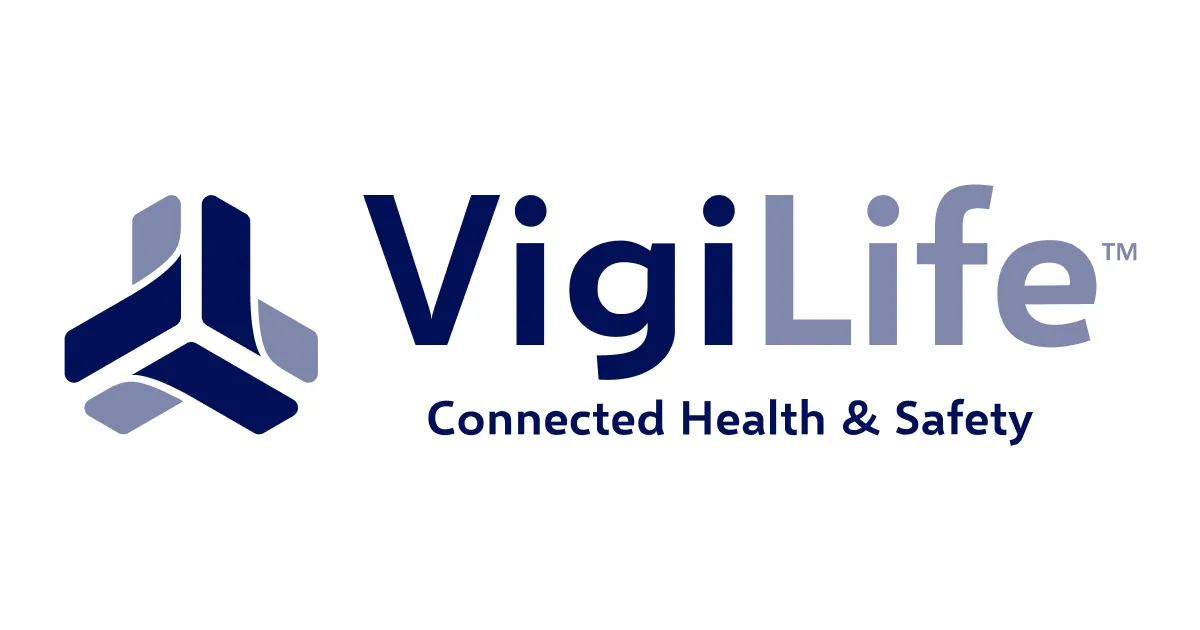Introduction:
In the ever-evolving landscape of global health, the significance of a robust health security system cannot be overstated. With the rise of pandemics, emerging infectious diseases, and other health threats, the need for an efficient and comprehensive safeguard for individuals and communities has become paramount. This article explores the concept of “LifeSafeguard” as a beacon of health security, delving into its components, importance, and potential impact on public health.

I. Understanding Health Security:
Health security encompasses a range of measures and practices aimed at protecting individuals and communities from health threats. These threats can manifest as infectious diseases, biological incidents, natural disasters, and even deliberate acts. A comprehensive health security system involves surveillance, preparedness, response, and recovery strategies to mitigate the impact of these threats. LifeSafeguard emerges as a holistic approach to address these challenges and ensure a resilient health infrastructure.
II. Components of LifeSafeguard:
- Surveillance and Early Warning Systems:
- LifeSafeguard integrates advanced surveillance technologies to monitor and detect potential health threats in real-time.
- Early warning systems play a crucial role in providing timely information to health authorities, enabling swift responses to emerging situations.
- Preventive Measures and Vaccination Programs:
- LifeSafeguard focuses on proactive measures to prevent the spread of diseases through comprehensive vaccination programs.
- Education and awareness campaigns are integral to encourage individuals to participate in vaccination initiatives, building herd immunity.
- Health Infrastructure and Capacity Building:
- Robust health infrastructure is vital for effective health security. LifeSafeguard emphasizes the development and maintenance of healthcare facilities and resources.
- Capacity building ensures that healthcare professionals are well-equipped and trained to handle various health emergencies.
- International Collaboration and Information Sharing:
- LifeSafeguard promotes global cooperation in addressing health threats. Information sharing and collaboration between countries enhance the collective response to pandemics and other health crises.
- The establishment of a global network facilitates the exchange of knowledge, resources, and expertise.
III. Importance of LifeSafeguard:
- Pandemic Preparedness:
- The COVID-19 pandemic highlighted the need for a comprehensive health security system. LifeSafeguard ensures that nations are adequately prepared for future pandemics, with streamlined protocols and resources in place.
- Reducing Health Inequalities:
- LifeSafeguard aims to bridge the gap in healthcare access, ensuring that even marginalized communities receive adequate protection. This approach contributes to the reduction of health inequalities globally.
- Economic Stability:
- Health emergencies can have severe economic repercussions. LifeSafeguard, by preventing and mitigating health threats, contributes to economic stability by maintaining a healthy workforce and avoiding the economic downturn associated with pandemics.
- Community Resilience:
- Empowering communities through education and preparedness programs enhances their resilience. LifeSafeguard encourages community involvement, creating a network of individuals ready to respond to health emergencies at the grassroots level.
IV. Challenges and Future Directions:
- Technological Integration:
- LifeSafeguard must continually integrate cutting-edge technologies to enhance surveillance, diagnostics, and response capabilities. The challenge lies in ensuring that these technologies are accessible globally.
- Political Will and Funding:
- The success of LifeSafeguard relies on political commitment and adequate funding. Governments and international organizations need to prioritize health security in their agendas to ensure sustained efforts.
- Adaptability to Emerging Threats:
- LifeSafeguard should be flexible and adaptable to evolving health threats. Continuous research and development are essential to stay ahead of emerging infectious diseases and other health risks.
- Global Governance:
- Establishing effective global governance mechanisms is crucial for the success of LifeSafeguard. This involves collaboration between nations, international organizations, and non-governmental entities to coordinate responses to health emergencies.
Conclusion:
LifeSafeguard emerges as a beacon of hope in the realm of health security, offering a comprehensive and proactive approach to protect individuals and communities. As the world faces unprecedented challenges in the form of pandemics and emerging infectious diseases, the implementation of LifeSafeguard becomes imperative. By fostering international collaboration, embracing technological advancements, and prioritizing preventive measures, nations can build a resilient health security system that safeguards the well-being of present and future generations. In the pursuit of a healthier and more secure world, LifeSafeguard stands as a beacon guiding us towards a brighter and safer future.
